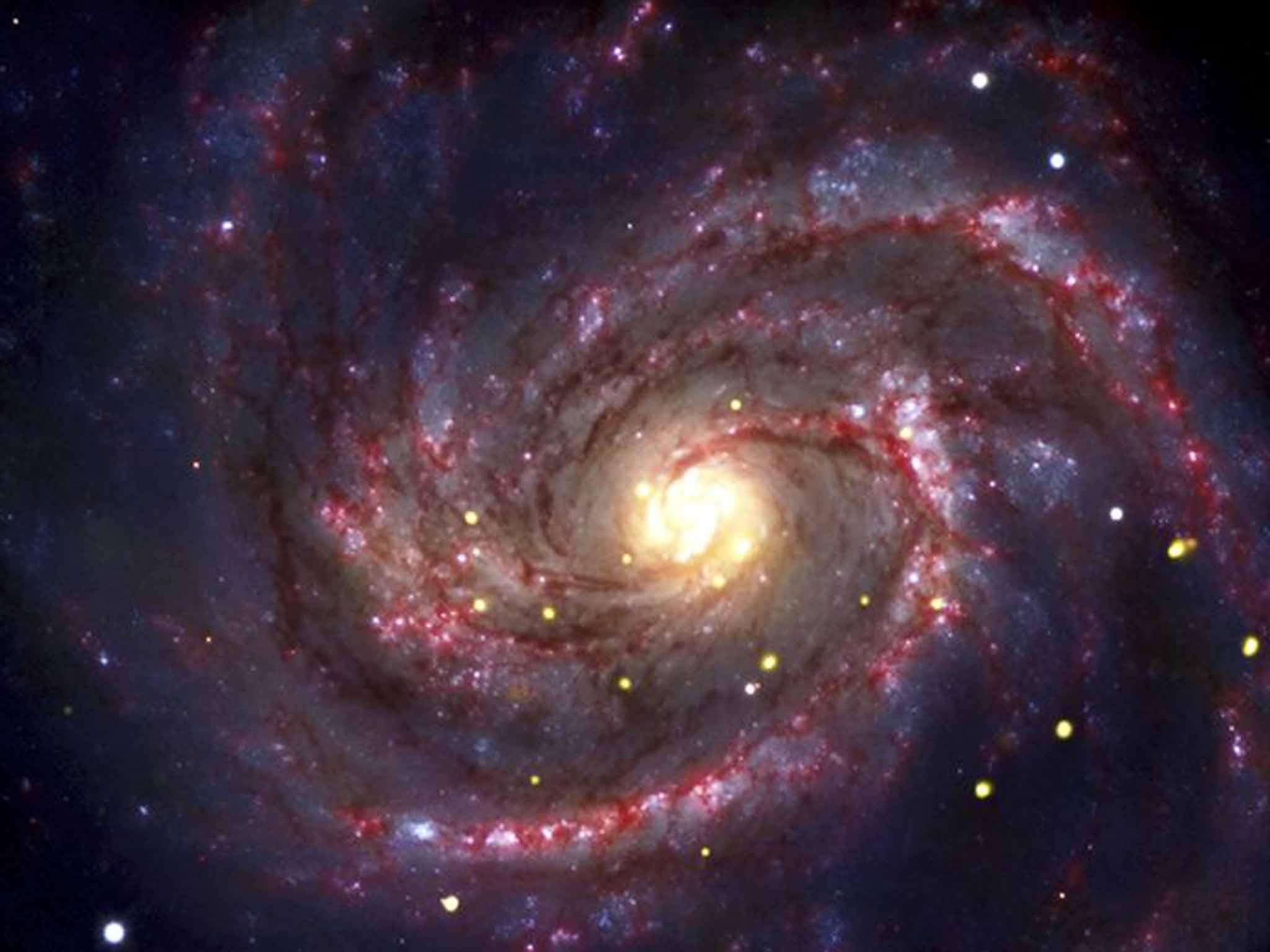Scientists to test theory about light that could completely change our view of the universe and prove Einstein wrong
The theory was first proposed in the late 1990s, but can now be put to the test – in potentially one of the most significant experiments ever undertaken

Your support helps us to tell the story
From reproductive rights to climate change to Big Tech, The Independent is on the ground when the story is developing. Whether it's investigating the financials of Elon Musk's pro-Trump PAC or producing our latest documentary, 'The A Word', which shines a light on the American women fighting for reproductive rights, we know how important it is to parse out the facts from the messaging.
At such a critical moment in US history, we need reporters on the ground. Your donation allows us to keep sending journalists to speak to both sides of the story.
The Independent is trusted by Americans across the entire political spectrum. And unlike many other quality news outlets, we choose not to lock Americans out of our reporting and analysis with paywalls. We believe quality journalism should be available to everyone, paid for by those who can afford it.
Your support makes all the difference.Scientists might be about to completely upend our entire understanding of the universe.
A theory about the speed of light that has long been considered radical and, if proved correct, could potentially alter some of our most basic understanding of the universe is now ready to be tested in an experiment.
The theory challenges one of the most basic ideas of the universe: that the speed of light is fundamental and never changes. That central idea holds together some of the most important concepts in physics, and our understanding of the cosmos, such as general relativity and the way the universe expanded after the Big Bang.
But the theory suggests that actually in the very early universe, light might have travelled much faster than its current speed. The speed of light – 186,282 miles per second – has always been seen not only as a constant but as the maximum speed of anything in the universe.
Now the scientists behind it hope that they can prove it, by studying the cosmic microwave background (CMB). That’s the “afterglow” of radiation that was emitted shortly after the Big Bang and that serves as a kind of picture of the early universe.
Structures in the universe, such as galaxies, all formed from tiny density fluctuations in the early universe which are now imprinted in the CMB. Measurements of these fluctuations can be used to produce a "spectral index", which scientists are still working out.
If the new theory is right and the speed of light was higher just after the Big Bang, the spectral index will have a very precise figure – 0.96478, according to a new study. Current estimates of the spectral index are already close to this, at around 0.968 with some margin for error.
Lead scientist Professor Joao Magueijo, from Imperial College London, said: "The theory, which we first proposed in the late 1990s, has now reached a maturity point – it has produced a testable prediction. If observations in the near future do find this number to be accurate, it could lead to a modification of Einstein's theory of gravity.
“The idea that the speed of light could be variable was radical when first proposed, but with a numerical prediction, it becomes something physicists can actually test. If true, it would mean that the laws of nature were not always the same as they are today.”
The research is published in the journal Physical Review D.
Additional reporting by Press Association
Join our commenting forum
Join thought-provoking conversations, follow other Independent readers and see their replies
Comments